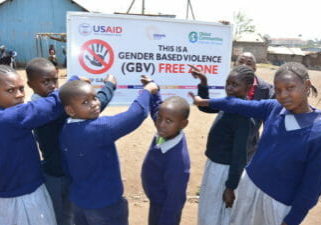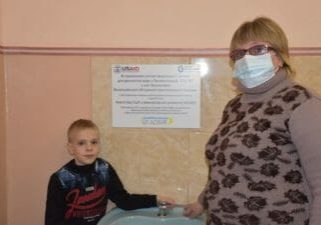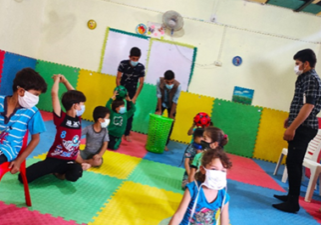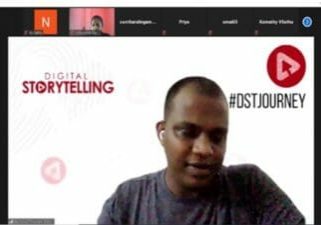News > Blog
Driving Women’s Financial Inclusion Forward with Digital Technology
Published 10/08/2020 by globalcommunities
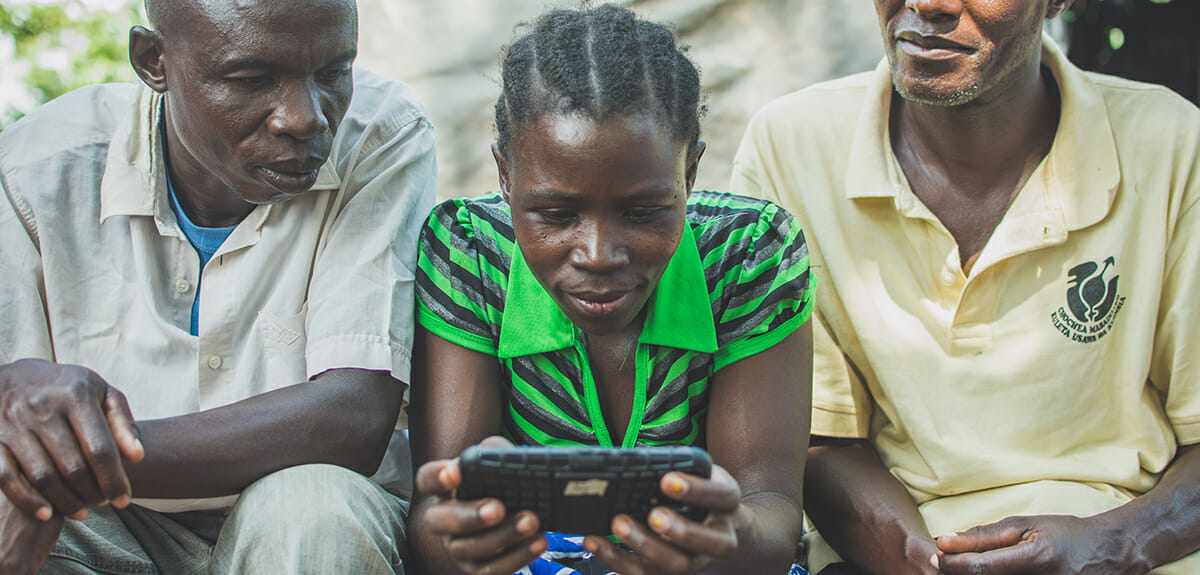
Even before the COVID-19 pandemic forced the world online, a digital shift was taking place in rural Tanzania, and indeed around the world.
In August 2019, following years of design and prototype testing, Project Concern International (PCI), a Global Communities Partner, and DreamStart Labs, a financial technology firm, piloted the DreamSave mobile app with 16 women’s savings groups in the Mara region.
The app, which essentially serves as a digital savings ledger, includes the ability to track each individual member’s savings progress, outstanding loans, and any other fees or fines over the course of a savings cycle. Other features include goal setting and tracking, automatic reminders, share-out projections and automatic calculations.
“As we prepared to introduce this new technology into our savings groups, we wanted to understand the impact it would have on the mechanics of group meetings as well as on the social bonding aspects of our groups,” said Dennis Mello, Director of PCI’s Women Empowered (WE) Initiative. “We also wanted to study how it might impact gender dynamics in our mixed-sex groups. Would women still retain leadership positions when technology and smartphones are traditionally seen as part of a man’s domain?”
The savings groups, which were formed through PCI’s WE Initiative, were divided into two sets: “paper-to-digital” and “born digital.” Paper-to-digital savings groups had been recording financial transactions on paper for multiple years before switching to the DreamSave app, while born-digital savings groups used the app from the beginning. For a vast majority of members, this was the first time they had ever used a smartphone.
Over the course of six months, the International Center for Research on Women (ICRW) followed the WE savings groups to evaluate the impact of the mobile app on time savings, digital literacy, financial capability, gender roles and norms within the group, accuracy of group financial records, transparency and group conflicts.
Key findings indicated that by automating calculations DreamSave reduced time spent on financial transactions. Use of the app also led to greater transparency, fewer group conflicts about bookkeeping, and an increase in financial capability among individual members.
“The way we did things before was time consuming and keeping records was very difficult,” said Pima, a WE group member from Tanzania who participated in the pilot study. “With DreamSave, it is so much easier. … I trust it so much and am very happy.”
Flora, another pilot user of the app, shared, “Each member knows in advance how much she will earn, and the estimated profit on her investments.”
Last month, a full study report was published along with three research briefs highlighting key insights from the study.
Full Report
Digitizing Savings Groups: Evidence from Tanzania
Research Brief
Rethinking Key Roles
Research Brief
The Impact of Gender in Digital Solutions for Savings Groups
Research Brief
Comparing “Born Digital” and “Paper-to-Digital” Groups
On Oct. 14, PCI, ICRW and DreamStart Labs will present findings from the study in a SEEP Network webinar on Women’s Financial Inclusion day during Financial Inclusion Week 2020.
Later this month, PCI will join TechnoServe, Near East Foundation, and the Center for Financial Inclusion in a presentation at the 2020 SEEP Annual Conference to discuss how organizations can ensure the expanding push towards digital programs does not lead to the further exclusion of vulnerable groups, including women and the rural poor.
Both virtual gatherings bring together international development practitioners at the forefront of economic and social empowerment efforts around the world.
“We have learned so many lessons throughout the last three years that will not only help PCI move forward with digitization but can inform how our industry will move forward as well,” Mello said. “I’m excited to have the chance to share these findings during Financial Inclusion Week and at this year’s SEEP Conference as this is among the first studies looking at how digitization impacts both new and mature savings groups. And it’s more important than ever that we work with our peer organizations to ensure the push towards digitization of services is equitable and inclusive.”
As the COVID-19 pandemic threatens to derail decades of progress toward gender equality and gains in women’s economic opportunities, PCI will also lead a session at the SEEP Annual Conference on how we are navigating the current context with WE groups in Guatemala—sharing both strategies that have worked well and lessons learned from ideas that failed.
“The current pandemic is challenging us to rethink how we work with savings and loan groups and to create new solutions,” said Mabel Bejarano, PCI’s Technical Advisor of Savings Groups and WE for the Latin America Region. “Dialogues among practitioners help us strengthen our capacity to respond to this unexpected situation as a sector for the benefit of our communities.”

